In Latin America there are 826 indigenous peoples, with a population of about 50 million, 8% of the total population and an estimated 200 more live in voluntary isolation. Since the arrival of the Focolare Movement in these lands, importance has been placed on fostering dialogue among the region’s three major cultural roots: the original cultures of the Americas, the Hispanic-Portuguese-French cultures, and the African cultures of those brought to the Americas. The many members of the Movement belonging to these ethnic groups are proof of this commitment.
About one hundred people, representing almost all the countries of Latin America and the Caribbean, gathered in Atuntaqui, in northern Ecuador, from 1st-4th May, 2025, to participate in the “Rimarishun”, an inter-cultural experience based on an exercise in dialogue between the Andean and Caribbean worldviews of the native peoples and the charism of Unity. This initiative began a few years ago in Ecuador and is gradually spreading to all Latin American countries.
“Participants explained,
“We are aware of the pain that, throughout history, has marked our relationships as Latin Americans due to racism and separation that have hindered the symmetrical relationship between cultures and broke down relations between people of different cultural groups, leading to unjust social relations. For this reason, in Ecuador, in 2017, we began a path of fraternity, which in the Quichwa language we call “Rimarishun” (Let’s talk), making inter-culturality a way of life and using fraternal dialogue as a method”. ”.

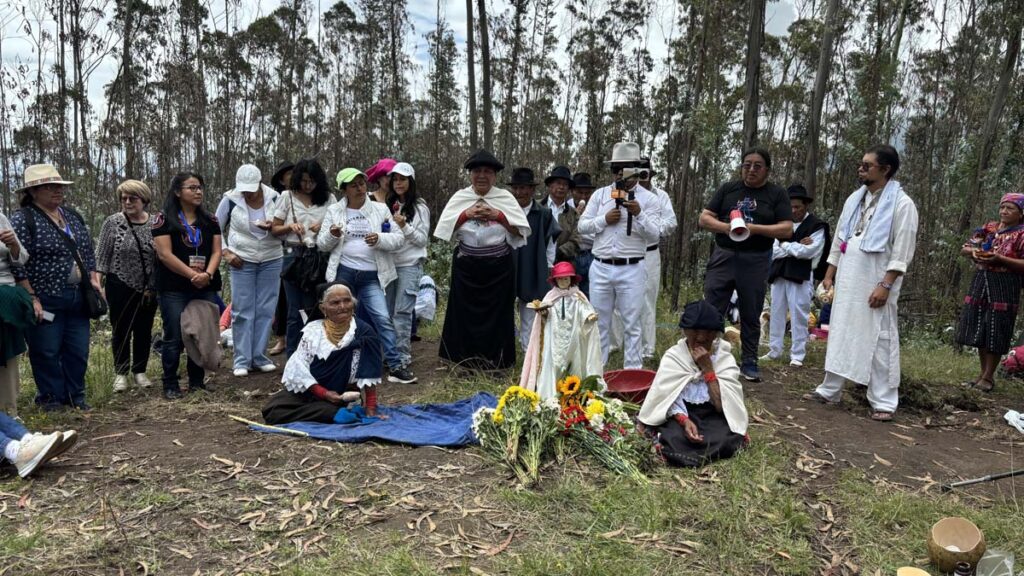

The Congress was conceived as a journey, a vital “pilgrimage”, which began with a visit of participants to the Quichua community of Gualapuro. It was immediately clear that the goal was to create intercultural spaces that build bridges between groups of peoples, nationalities or different cultures, where it is essential to meet each other, welcoming and taking care of each other as brothers and sisters. Manuel Lema, from the Quichua community, welcomed the participants under a large tent set up for the occasion: “We can generate a different way of thinking, to see the world in different ways, but, at the same time, be one”. And Jesús Morán, Co-President of Focolare, who with a small group of Focolare’s General Council, came from Italy to attend the Congress, brought the greeting of President Margaret Karram to everyone and added: “We are building something new. Faced with an overdeveloped society, we discover here that there is a deeper wisdom that comes from native peoples.” ”. Then they all climbed the hill to participate in the “Guatchacaram”, a rite of thanksgiving to Mother Earth. Later, after sharing lunch, the gathering became a moment of celebration that expressed fraternity in music, dances and singing. At the end of the day, some trees were planted in memory of those who helped initiate this dialogue and who are no longer among us, including one dedicated to Pope Francis.
Another stop on this trip was a visit to the home of Bishop Leonidas Proaño (1910-1988), known as “the apostle of the Indians”. HIs dedication to the poorest and most exploited indigenous populations is a powerful example of interculturality. In this environment, the “mingas” began to develop, groups which together explore various topics: economy, ecology, education, spirituality, culture and racism, taking reciprocity as the central principle of relationships.
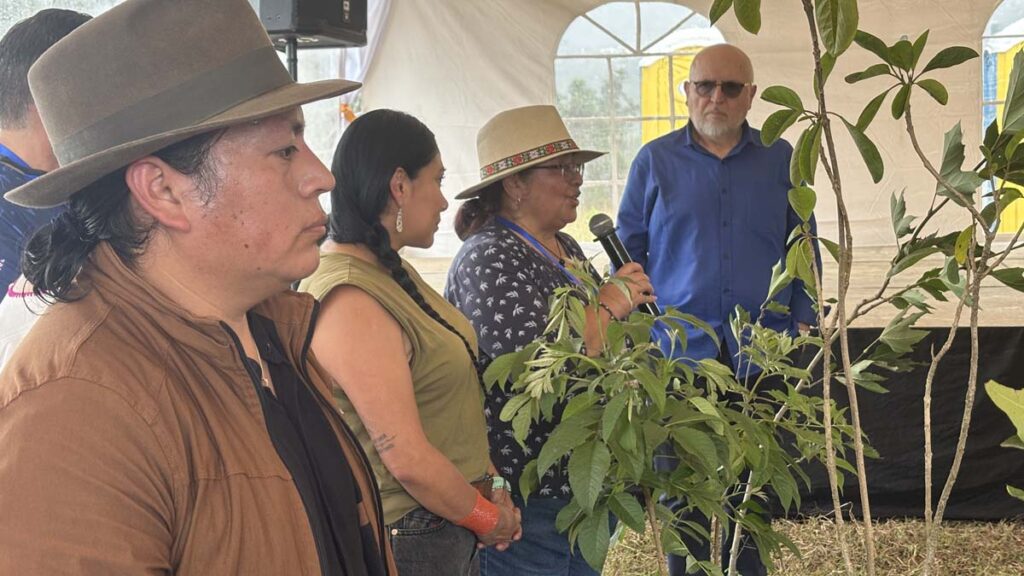
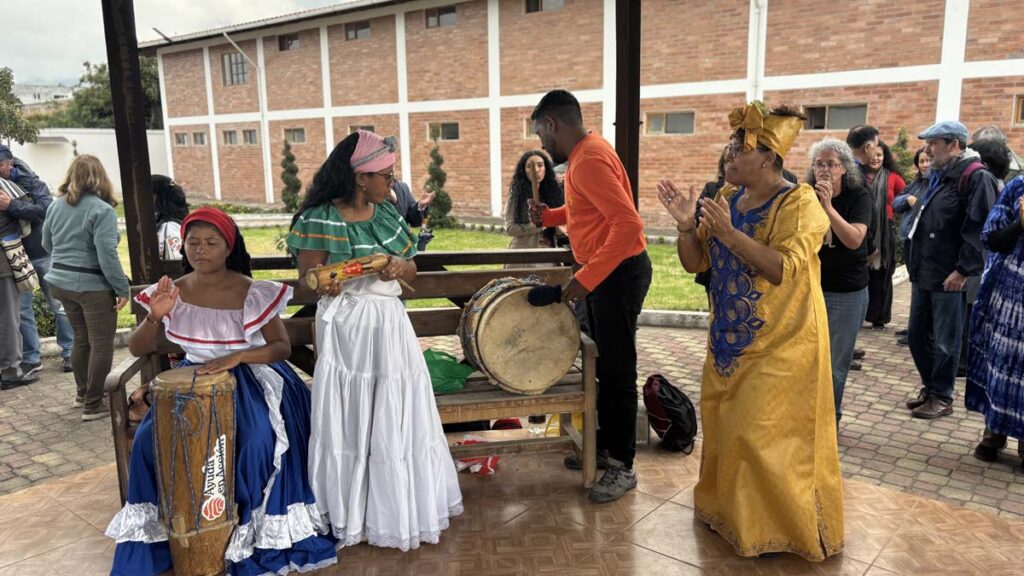
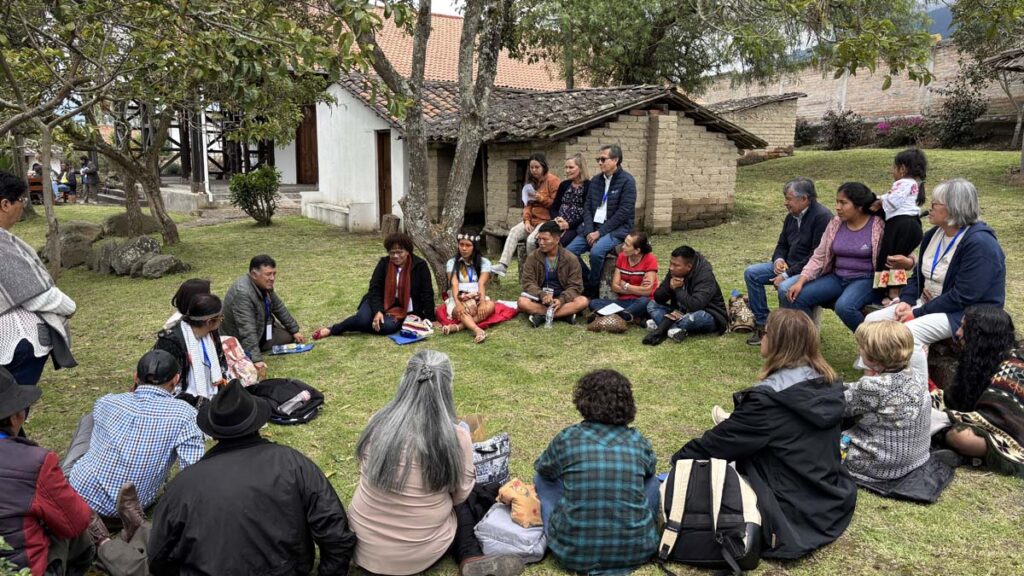
The rites of the Afro-descendants of the Caribbean and Central America and the Mayan rite were shared with great respect, taking into account their diversity, connected to a deep respect for nature, “Mother Earth” and for the transcendent. In this context, testimonies such as that of the Focolares in the regions of indigenous peoples, of schools aimed at recovering ancestral knowledge and culture, and even the Amerindian mathematical system, enriched everyone.
The “pilgrimage” continued at the Catholic University of Ecuador in Ibarra with an event open to the academic community and the public. Speakers at the round table included Custodio Ferreira (Brazil), a graduate in education, specialized in African history, who spoke about the “wounds of reality”: “the racism that exists today throughout Latin America and the Caribbean is an open wound that continues to bleed. Its healing and recovery require a fraternal dialogue and, in this sense, interculturality, as experienced by Rimarishum, is a concrete response to start this healing process “. ”.
Osvaldo Barreneche (Argentina), dottore in storia, responsabile del Centro dei Focolari per il dialogo con la cultura contemporanea, ha parlato di “fraternità e cura della terra attraverso alcuni scritti di Papa Francesco”.
Jesus Moran (Spain), Co-President of the Focolare Movement, who lived in Latin America for 27 years, said:“This work of interculturality is very important and is being carried out with admirable dedication in many parts of Latin America. For us who are Christians, it means we can discover aspects of Christ’s revelation in Indigenous cultures that have not yet been sufficiently highlighted. ” ”.
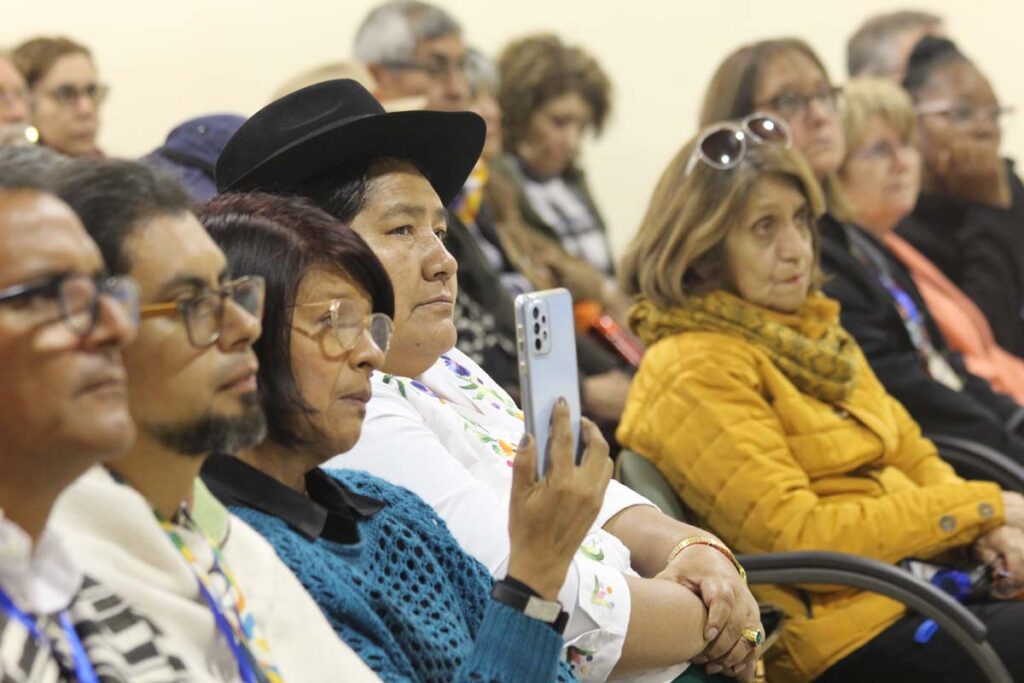
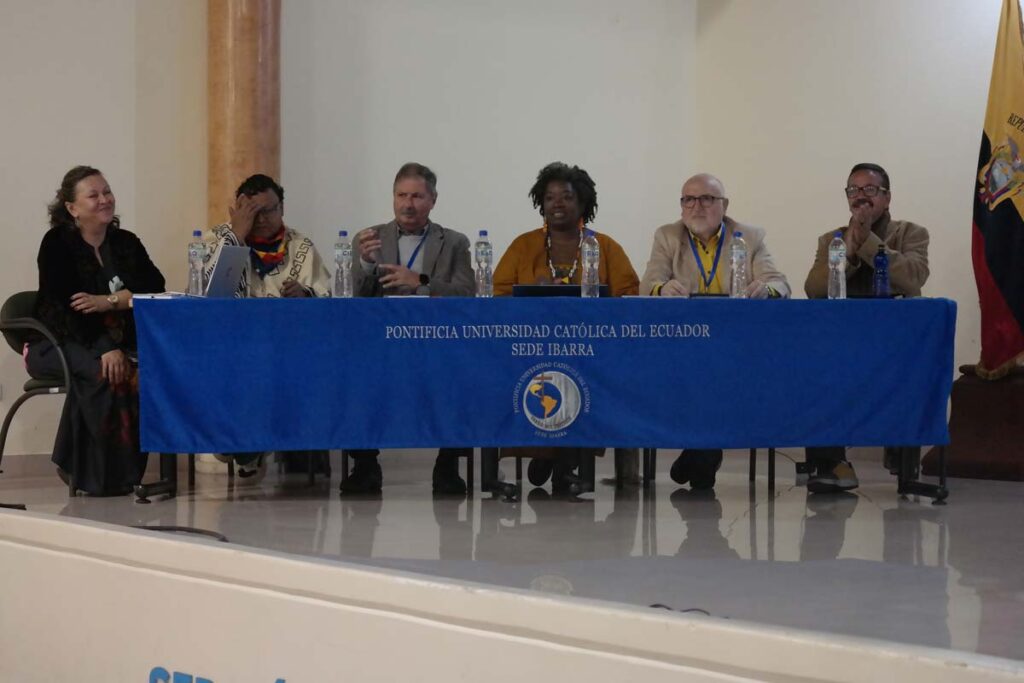
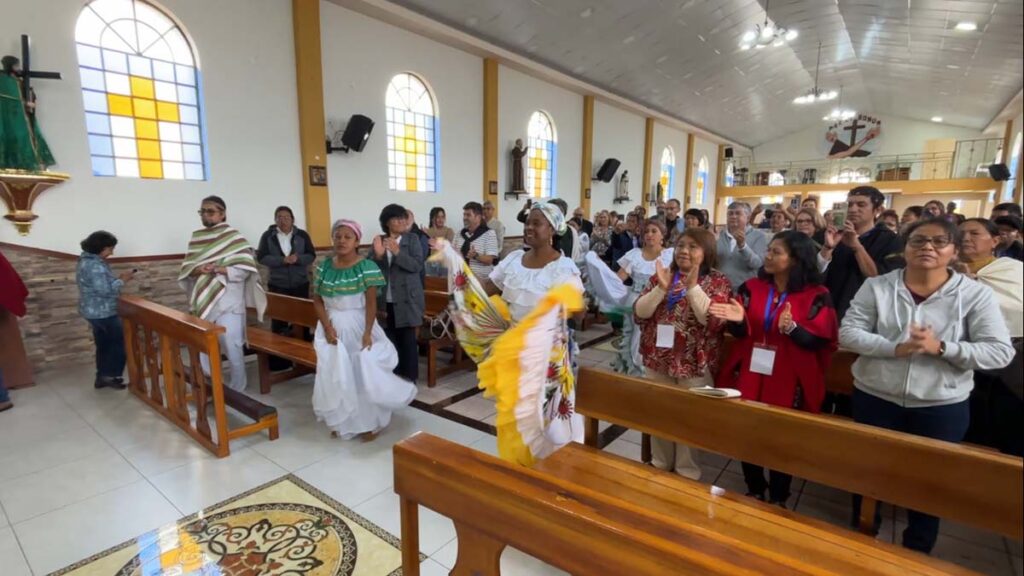
Maydy Estrada Bayona (Cuba), PhD in Philosophical Sciences and lecturer at the University of Havana, presented the “Afro-Caribbean Worldview”. Monica Montes (Colombia), PhD in Hispanic Philology, lecturer and researcher at the University of La Sabana, addressed “Fraternity and care through Latin American thought”. Jery Chavez Hermosa (Bolivia), founder of an organization for Andean migrants (Aymara, Quechua, and Guaraní) in Córdoba, Argentina, gave a dynamic closing presentation that engaged everyone.
The meeting ended with a Mass featuring traditional dances, songs and drums in a church adorned with flowers and rose petals. It was celebrated by Msgr. Adalberto Jiménez, Bishop of the Vicariate of Aguarico, who had actively participated in the meeting. The Our Father was recited in 12 languages in succession, a powerful symbol of the intercultural experience lived over these days.
In his homily, Bishop Adalberto, reflecting on the Gospel account of the multiplication of the loaves, invited everyone to look to the future:: “This Jesus, this God who unites us in different names, in different rites, is the story we must tell, the rites of life, of unity. Today we leave with a little more light, which is fire, which illuminates. This is what Chiara Lubich and Pope Francis have left us, they are present and call us to take care of interculturality. Thank you Rimarishun”. ”.
Carlos Mana
Photo: © Carlos Mana – Ivan Izurieta

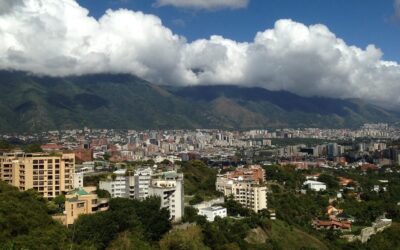
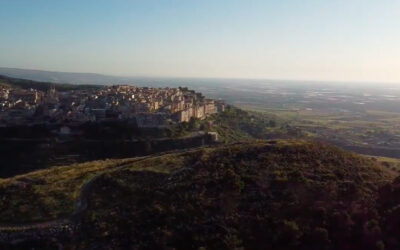
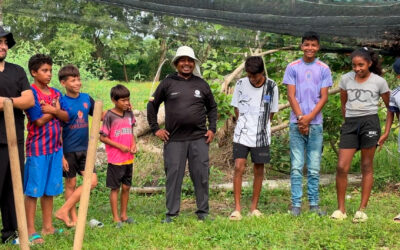
0 Comments